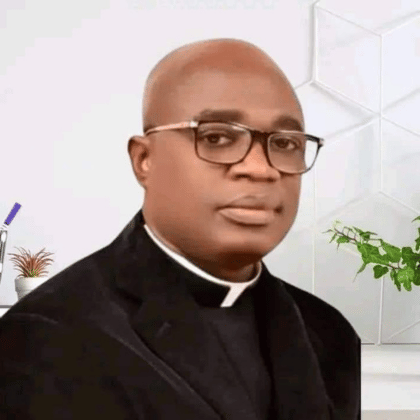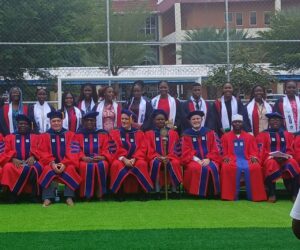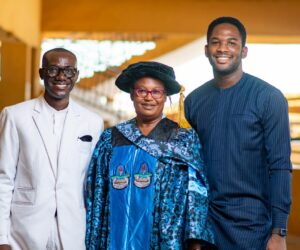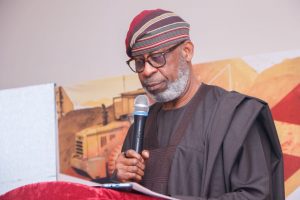Governor Hyacinth Alia of Benue state has joined his voice with other Nigerian governors in condemning the growing trend of unlawful levies imposed on parents by school proprietors in both public and private elementary and secondary schools.
The governor expressed strong disapproval of the compulsory provision of sanitary items such as brooms, soaps, tissues, and napkins, which are often demanded from parents as part of school requirements. According to him, these are unjustifiable financial burdens, especially for families already struggling to provide basic education for their children.
Describing such practices as “undue, wicked, and forceful extortion,” Governor Alia noted that parents who are simply trying to secure western education for their children in affordable government schools should not be exploited.
As part of a sweeping reform to restore discipline and moral focus in the education sector, Governor Alia has banned lavish graduation parties, non-transferable textbooks, and other extravagant demands from schools, particularly at the kindergarten and nursery levels.
“This is not the time for unnecessary school celebrations with no moral or academic value,” Alia said, “especially when some parents can barely provide three square meals or pay essential fees.”
He emphasised that many of the affected parents are widows and low-income earners who should be protected, not burdened further. His administration, through the permanent secretary of the ministry of education in Makurdi, has called on all stakeholders, school proprietors, parents, guardians, and community leaders, to support the government’s intervention aimed at easing financial pressure on families and focusing on genuine academic growth.
Key Policy Moves by Governor Alia: ban on unnecessary school celebrations and parties; approval of transferable textbooks between siblings and among students in lower classes; encouragement of after-school extra moral lessons, with parental consent; reversion to traditional book-sharing culture in public tertiary institutions starting from the 2025/2026 academic session
Governor Alia’s reforms are anchored in his larger vision of grooming youths for leadership by instilling discipline, frugality, and academic excellence from an early age.
A Catholic priest turned politician, Fr. Alia’s leadership style is deeply influenced by his humble beginnings and rural upbringing. His administration has consistently prioritized the plight of the poor and vulnerable, especially in the face of rising living costs.
His record of capital projects, peace-building efforts, and community-focused policies has earned him recognition as one of the most prepared and people-centered governors under the current administration of President Bola Ahmed Tinubu.
Fr. Alia’s outspoken defense of rural communities during times of crisis, especially during violent conflicts between herdsmen and indigenes, has been described as courageous and bold. His call for state policing recently gained traction, leading to the creation of two new police area commands to oversee Dauda, Guma, Yelwata, and Agan police divisions, following security crises that claimed several lives in Wadatta.
Recently, Governor Alia reshuffled his cabinet, retaining only those with proven credibility and performance records. He also introduced a new wave of young, dynamic professionals into key roles to support the delivery of his vision for Benue state.
Among those confirmed by the Benue State House of Assembly include: Hon. Theresa Odachi Ikwue, Hon. Dr. Benjamin Ashaver, Hon. Dr. Adamu Margaret Ijaguwa, Hon. Dr. Peter Egboda, Hon. Dennis, and Dr. Paul Ejeh (Ogwuche).
These appointments reflect the governor’s continued commitment to competence, accountability, and youth-driven leadership.
Governor Alia remains a vocal and action-driven leader determined to protect families, instill values in children, and uphold academic integrity in Benue state. As a servant-leader with roots in the church and passion for rural transformation, he continues to champion the cause of the poor and defend their right to dignity, education, and peace.








